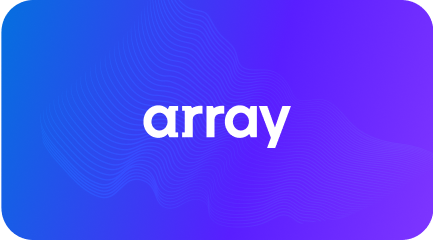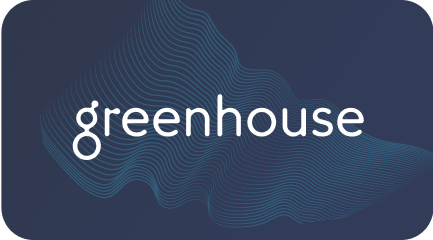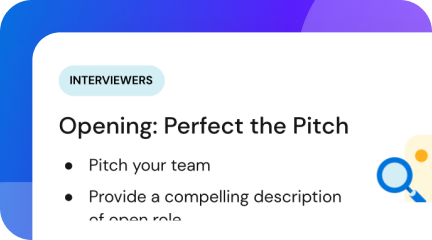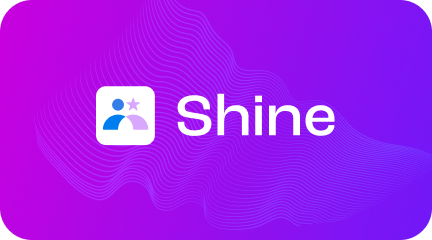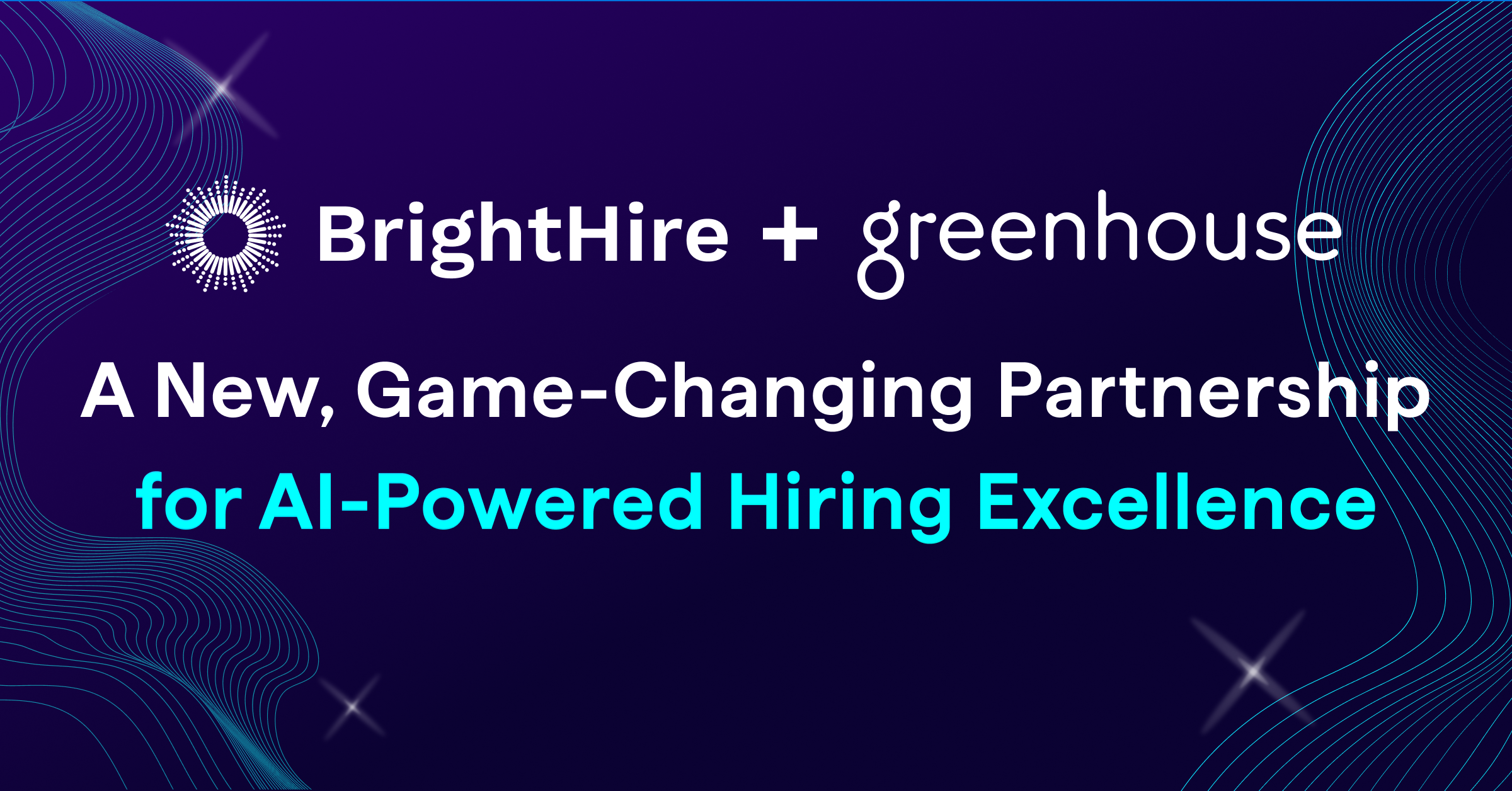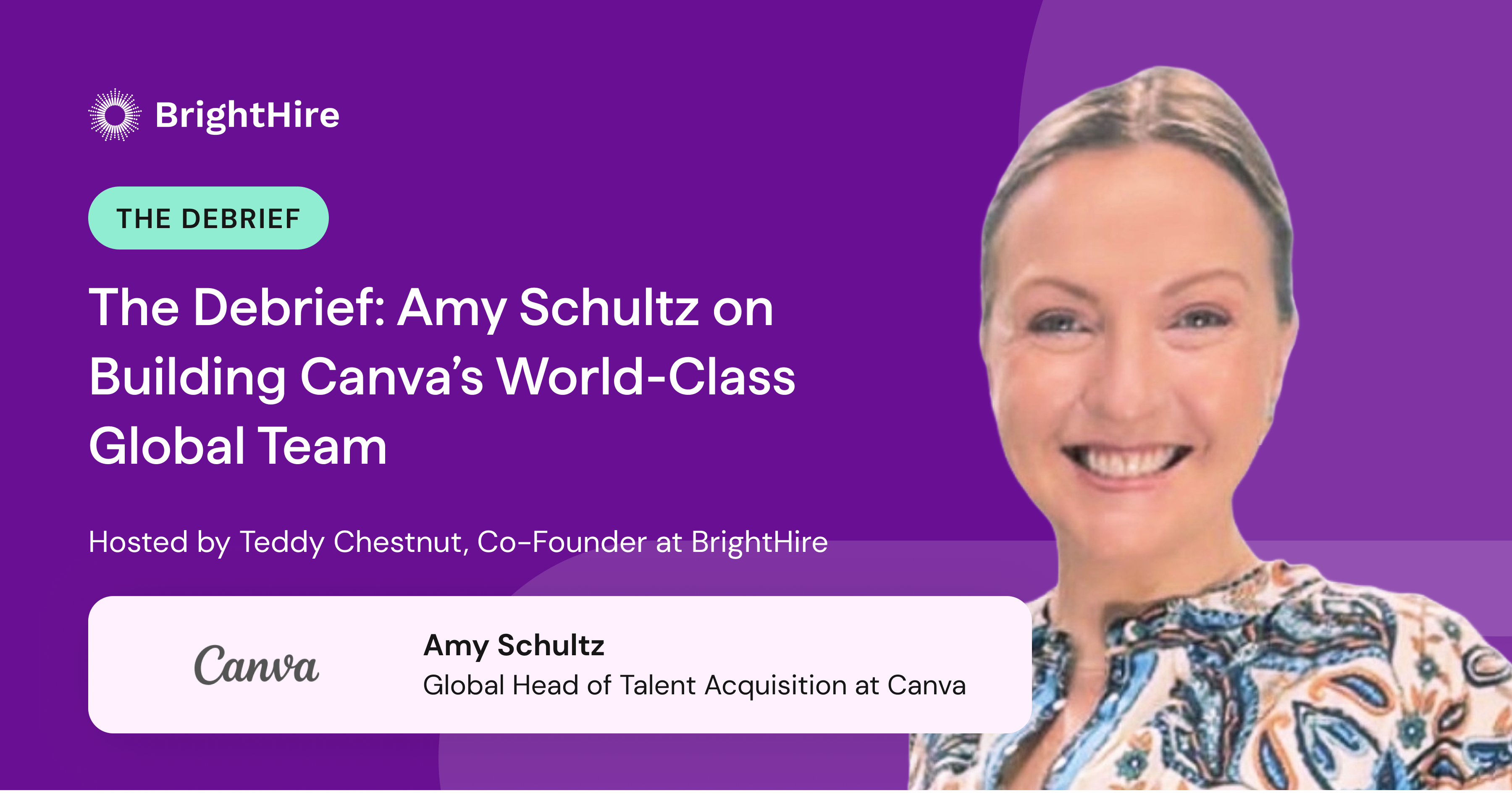Hung Lee needs no introduction. Odds are you’ve heard of Hung, a seasoned recruiting pro and Curator of Recruiting Brainfood. With over 15 years of experience, Hung is the go-to source for all things recruiting.
Naturally, we were curious to learn Hung’s perspective on interview training, who’s doing it well, and what benefits it brings to organizations.
Read on for our conversation about interview training with Hung.
Hung Lee’s thoughts on interview training.
Let’s begin with the current state of interview training. Are you seeing organizations incorporating training into their hiring processes?
The honest truth is, I think interview training is massively neglected industry-wide. At many companies, it’s just a one-off conversation given to interviewers before their first interview.
By and large, most people conducting interviews are learning by doing interviews. It’s this process of self-learning that ends up producing multivariate interview approaches from hiring managers and recruiters.
Before the likes of BrightHire, we never had a way to assess interviewers and identify these issues without being physically present in an interview. Even then, assessing the interviewer while they’re trying to evaluate a candidate is a massive interruption to the interview.
I think we really need to have a digitization of the interview, which is what the shift to remote work really provided for us. Three years ago, the main interviews we were conducting were very analog processes that were almost never recorded.
The data was locked in the minds of the participants. I think the moment is here to use the technology and data available to us to improve interviews. And interview training plays an important role in that.
Do you know of organizations that have successfully built an interview training program?
No, but I have heard of certain techniques organizations are using to improve interviews and candidate assessments.
One technique that’s becoming consensus is involving more than one interviewer in the assessment phase. This is actually quite important in order to get more than one perspective on how the interview transpired.
Also, waiting to discuss a candidate until after you’ve independently scored them is another best practice that’s moving into the mainstream. Otherwise, we end up in groupthink based on the status of the person making a comment.
So there are certain best practices that are emerging. But I don’t think there’s a clear template for how to do all of these things in a comprehensive way.
What topics do you think should be covered in an interview training program?
I think a better understanding of the psychology of interviewing is an important thing to talk about. Especially as it relates to the flawed nature of the interview as a method to understand someone’s suitability.
For a long time, we’ve assumed having an interview is an adequate assessment of a person’s capabilities. But really, it’s a social interaction where there are so many variables involved that can produce different outcomes when those variables are tweaked in some way.
For instance, the time of the interview has an impact on how people are assessed. At the end of the day, when interviewers tend to be tired and want to finish work, there are going to be shorter interviews. So, the rule of thumb is to do interviews in the morning.
We also need technology to help us with this. Monitoring things like the average interview length and its variability based on the day and time might tell us something.
For example, it might tell us we shouldn’t be conducting interviews on Friday afternoons because no one’s switched on at that time, and that’s unfair for everybody. If you rewind back to three years ago, Friday afternoon was the most common time for interviews. However, we now know that’s actually the worst time.
The history of interviewing can be described as a history of flawed assessments. We’re basically trying to make it less flawed with the use of more technology and better data.
How does interview training improve candidate experience?
If a candidate has one bad experience, it can have a real impact on whether they want to work at that business. It might just be one person who was inadequately prepared or an issue they encountered along the way. By training interviewers, I think we’ll see offer conversion rates go up and dropout rates reduce.
Once upon a time, interviews were very adversarial. In fact, it was almost like a trial. It was common to give candidates a hard time, and stress test them.
But these days, we’re less interested in that approach. We actually want to see what this person is all about. Can we find a way to surface the behaviors this person would generally manifest if they were working with us? I think all of us have a vested interest in doing that.
The only way in which that can happen is if you create a comfort level within the interview context so that people are able to converse freely without having to second guess what the best answer is.
What are the other benefits of interview training?
Establishing an interview training program makes an organization a more attractive place to work.
The optimal state for any business is to increase its overall hiring capacity. In other words, everyone becomes a recruiter of sorts and is able to participate in the acquisition of talent and skills.
If recruiting and interviewing is everyone’s job, I think that makes a business more inclusive.
Make your interview training dreams a reality.
Thank you to Hung Lee for sharing his perspective on interview training with us! You can find more of his insights in The Complete Guide to Interview Training.
Want to build an interview training program at your company and need some help? You’re in luck.
Not only do you have the guide to help you navigate building a great program. You can also access an Interview Training Deck Template and Facilitation Guide. With the help of these resources, you can build an effective interview training program in just one day.
